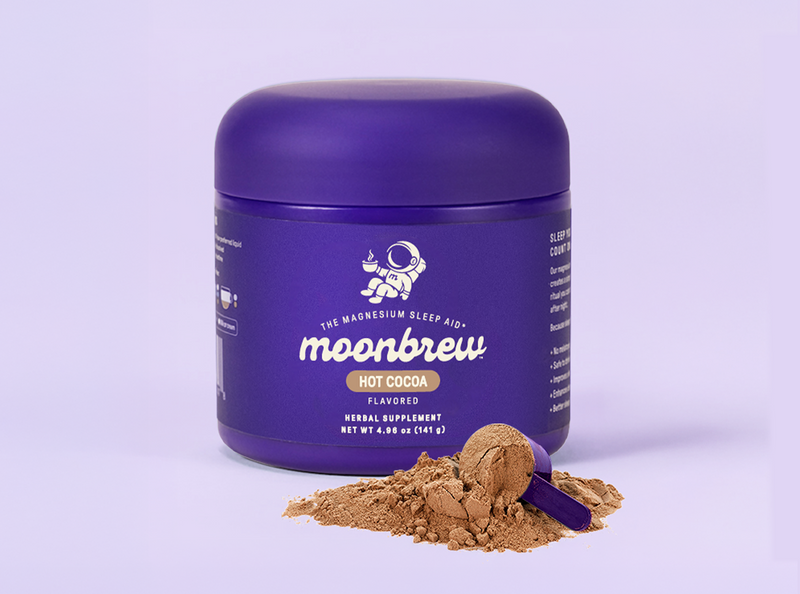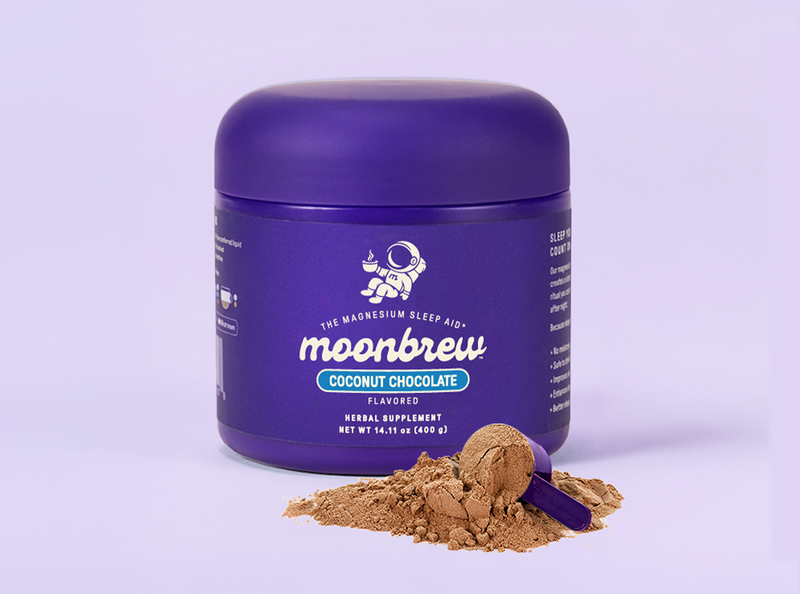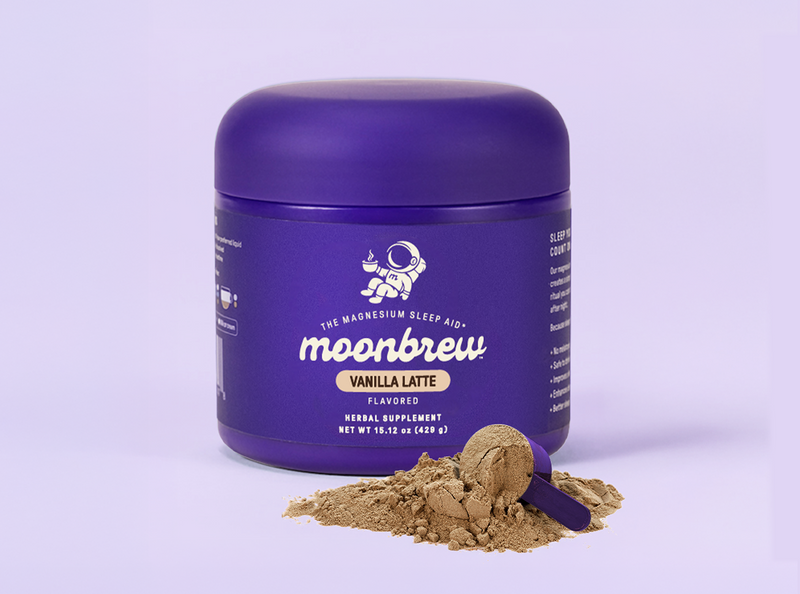Sleep apnea is a potentially serious condition that occurs when breathing stops and starts repeatedly during sleep. There are various types of sleep apnea, but all of them pose health risks. Fortunately, various lifestyle changes can help you manage sleep apnea and achieve higher levels of well-being.
What Is Sleep Apnea?
You can gain a better understanding of sleep apnea by exploring the different types of the condition. They include:
- Obstructive Sleep Apnea (OSA): This is the most common type of sleep apnea, which occurs when the throat muscles relax and block air flow to the lungs. Your airway narrows or closes when you breathe in. You react by waking up briefly to reopen your airway, a pattern that can repeat itself five to 30 times an hour throughout the night.
- Central Sleep Apnea: This less common type of sleep apnea occurs when your brain fails to send signals to your breathing muscles, causing you to make no effort to breathe for a short period. You may awaken with shortness of breath and have trouble falling and staying asleep.
Treatment Emergent Central Sleep Apnea: Also known as complex sleep apnea, this condition occurs when OSA converts to CSA after receiving therapy.
Common Signs and Symptoms to Watch For
Sleep apnea is not always apparent. However, there are sure signs of concern, including the following:
- Loud snoring
- Gasping for air during sleep
- Awakening with a dry mouth or headache
- Difficulty staying asleep
- Excessive daytime sleepiness
- Your partner notices you stop breathing during sleep
Health Risks Associated with Untreated Sleep Apnea
Sleep apnea can lead to various health risks, such as:
- Daytime Fatigue: Sleep apnea interrupts sleep at night, leading to daytime fatigue. You may experience difficulty concentrating, which could negatively impact both your professional and personal relationships. People with sleep apnea can even fall asleep while driving or when using heavy machinery.
- Mood Problems: A lack of sleep can lead to feelings of irritability or depression.
- High Blood Pressure and Heart Problems: The sudden drops in blood oxygen levels that occur during OSA can increase blood pressure and put a strain on the cardiovascular system, potentially leading to irregular heartbeats, high blood pressure, heart disease, and heart attacks.
- Type 2 Diabetes: Sleep apnea increases your risk of developing insulin resistance and type 2 diabetes.
- Metabolic Syndrome: OSA disrupts hormonal balance, sympathetic nerve activity, and other metabolic processes, increasing the risk of metabolic syndrome.
- Complications with Surgery: Breathing issues could become a factor when you're under anaesthesia.
- Liver Problems: People with sleep apnea may experience liver scarring and nonalcoholic fatty liver disease.
- Sleep Deprived Partners: Individuals with sleep apnea could keep their partners awake at night, potentially damaging relationships.
Available Treatments: CPAP, Oral Devices, and Lifestyle Changes
Sleep apnea is unpleasant, but it can be managed to promote a healthy lifestyle. Here are some treatment techniques.
- CPAP: Continuous positive airway pressure delivers air pressure through a mask while you sleep.
- Oral Appliances: These appliances keep your throat open while you sleep by bringing your jaw forward. Although not as effective as CPAP devices, they are less cumbersome and may be more comfortable.
- Surgery: Several types of therapy can help treat sleep apnea, including tissue shrinkage, tissue removal, jaw repositioning, implants, and nerve stimulation. Doctors may also perform a tracheostomy, which involves creating a new air passageway.
- Treatment for Medical Conditions: You may treat a medical condition contributing to sleep apnea, such as heart and neuromuscular disorders.
- Medicine Changes: Medications, such as opioids, can contribute to sleep apnea. If they are causing the condition, let your doctor know so they can change your prescription. A medical professional may also prescribe acetazolamide, which helps manage breathing.
- Supplemental Oxygen: This system involves using devices to deliver oxygen to your lungs.
- Adaptive Servo-Ventilation (ASV): This newer technology learns your breathing pattern and stores it in a built-in computer. It uses pressure to regulate your breathing.
Lifestyle Changes
Several lifestyle changes can also reduce symptoms of sleep apnea. Here are some examples.
- Diet and Exercise: Obesity can restrict the airways in the throat, contributing to the development of sleep apnea. Diet and exercise can help you lose weight and improve your overall condition.
- Avoid Certain Drugs and Alcohol: Alcohol and some anti-anxiety medications and sleeping pills can worsen sleep apnea.
- Avoid Sleeping on Your Back: When you sleep on your back, your tongue and soft palate are more likely to rest against the back of your throat, potentially blocking your airways. Promote side sleeping by placing a tennis ball or similar object in the back of your pajamas, or use pillows to prevent you from rolling over onto your back.
- Keep Your Nasal Passages Open While You Sleep: A saline nasal spray can help open your nasal passages, allowing you to breathe more easily while you sleep.
Tips for Improving Sleep Quality with Sleep Apnea
Maintaining healthy sleep habits is also essential for reducing sleep apnea symptoms and improving sleep quality. Here are some you can try.
- Create a Sleep Schedule: Going to sleep at the same time each night and waking up at the same time each day helps your body establish a routine, making you feel sleepy at night and wakeful in the morning.
- Relax Before Bedtime: Dim the lights and engage in a relaxing activity before bed so you fall asleep quickly.
- Establish a Sleep-Friendly Environment in Your Bedroom: Set your thermostat to a comfortable temperature, ideally around 65 degrees, which is optimal for sleeping. Use blackout curtains to block out light and noise machines to drown out external noises.
- Avoid Electronic Devices: Electronic devices emit blue light that can interfere with melatonin production. Shut down devices at least an hour before bed and keep them out of the bedroom so you’re not tempted to look at them in the middle of the night.
Try MoonBrew
MoonBrew is an all-natural supplement that supports healthy sleep. It is formulated with magnesium, adaptogens, and superfoods that help you fall asleep and stay asleep. Unlike sleeping pills, it will not contribute to sleep apnea.
Browse our website to find all-natural sleep products that support your wellness needs.




